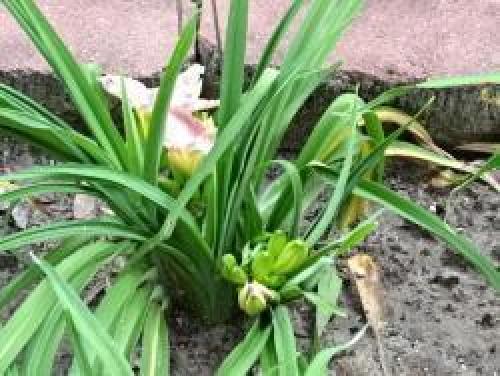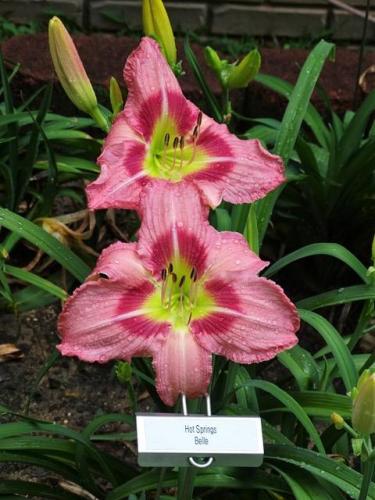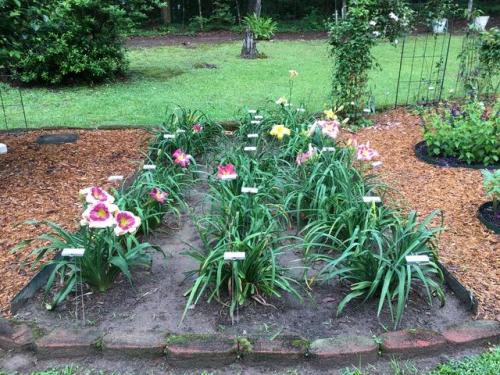https://garden.org/thread/view...
this was my post I do not think I can copy and paste it to a new post here if so tell me how and I will..
Once again I have written today professors at Auburn university plant pathology to ask whether to keep the daylily or to dig them up and dispose which will break my heart...
So many years of love, photographing mine, working them and the cost also, the joy each morning of each new bloom before the damage occurred.
Does anyone think nematodes could cause that type of stunting of daylily that bloomed 34 inches tall for many years, they are in the same soil as when they were planted and were just drop dead gorgeous
and I only bought plants that bloomed 34 inches tall to 37 inches tall and they did ..for years
before I used copper sulfate fungicide one summer once a month to prevent rust..
Whether it was copper sulfate fungicide
or what does anyone think happened to every one of them in two different beds..same soil..same place when they were once beautiful and tall.
here is a picture of before an after..you can see the one that has a bloom down in the center near the soil level all of them bloomed that way since the damage about four years ago or so
Its two years or longer more like 4 years actually and they are not coming out of the stunted plants and the blooms blooming at the dirt level or base of each daylily











